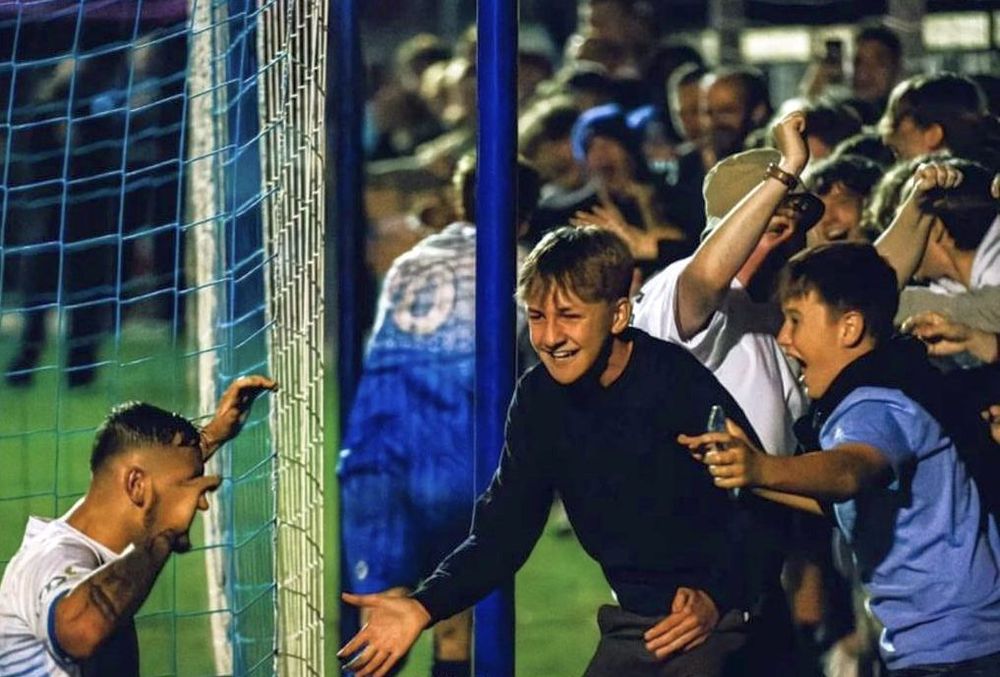When it comes to maintaining the prestigious structure of English football, few things are more important than grassroots football. Almost every professional footballer in Britain today would’ve been involved in some form of grassroots setup that helped propel them to sporting stardom. We’ll be taking a look at five reasons why grassroots sports and Sunday league football are the foundations of British football’s elite level, the Premier League.

1. Discovering talent. Football is currently the most watched and most played sport on the planet. The English FA estimates there to be 1,100 leagues and 18,500 clubs participating in grassroots football. With clubs to join and fixtures to play in every corner of the country, the access to football is greater than ever. This helps professional academies choose from a huge pool of young talent to join their ranks. Legendary boys’ team, Fletcher Moss Rangers, are based in Didsbury, Manchester, and boast an impressive alumnus of pros. Six of their former players have represented their country at senior level, including: Marcus Rashford, Wes Brown, Jesse Lingard, and Danny Welbeck. Playing grassroots football is the kick-off for many pros and getting their talents noticed.

2. Emerging officials. It takes more than 22 people to play a game of football. At grassroots level, the referees and linesmen are some of the most under-appreciated participants in sport, with a seemingly thankless task. In order to climb to the top ranks and officiate at the highest level, referees must earn their badges and take charge of matches at a grassroots level. This helps them practice their craft in real-life scenarios and earn their certificates on the way to the top. Rotherham-born Howard Webb officiated grassroots matches and a World Cup final. On a serious note – shoutout to all the referees and officials at every level.

3. Sunday League to non-League to Super Sunday. Not every Premier League player has the same journey to the top. Many pros have applied their trade in lower leagues and worked their way up. Jamie Vardy, a man with over 100 Premier League goals and 26 caps for England, was playing for Stocksbridge Park Steels until the age of 23. Chris Smalling, Michail Antonio, Charlie Austin and Troy Deeney are just some of the many others who have climbed from grassroots football to the heights of Super Sunday.

4. There’s something for everyone. Unfortunately, not everyone who plays grassroots football will end up playing at the Theatre of Dreams or score a winning goal in an FA Cup Final (we can still dream though). However, playing football from a young age creates a lifelong affiliation with the sport, and can inspire people to pursue other careers within football. With every Premier League club estimated to employ over 350 people, there really is opportunities for everyone at the highest level. Having access to grassroots sports at a young age can lead someone into a career they love, even if it is from the side-lines.

5. Leading by example. Grassroots sport is the epitome of inclusion, with no barriers to entry and teams for all participants regardless of age, gender, race, or background. These are principles we should live by in all walks of life, and grassroots has often been the trailblazer when it comes to respect and setting the right example. Recent Merseyside referees went on strike to protest abuse from the side-lines. Grassroots sport has a zero-tolerance policy on all forms of abuse, including sexism, racism, and homophobia. The Premier League could strive to learn a thing or two from the grassroots stance on equality and treating everyone with the utmost respect.
Written by: Alex Morrey-Jones




